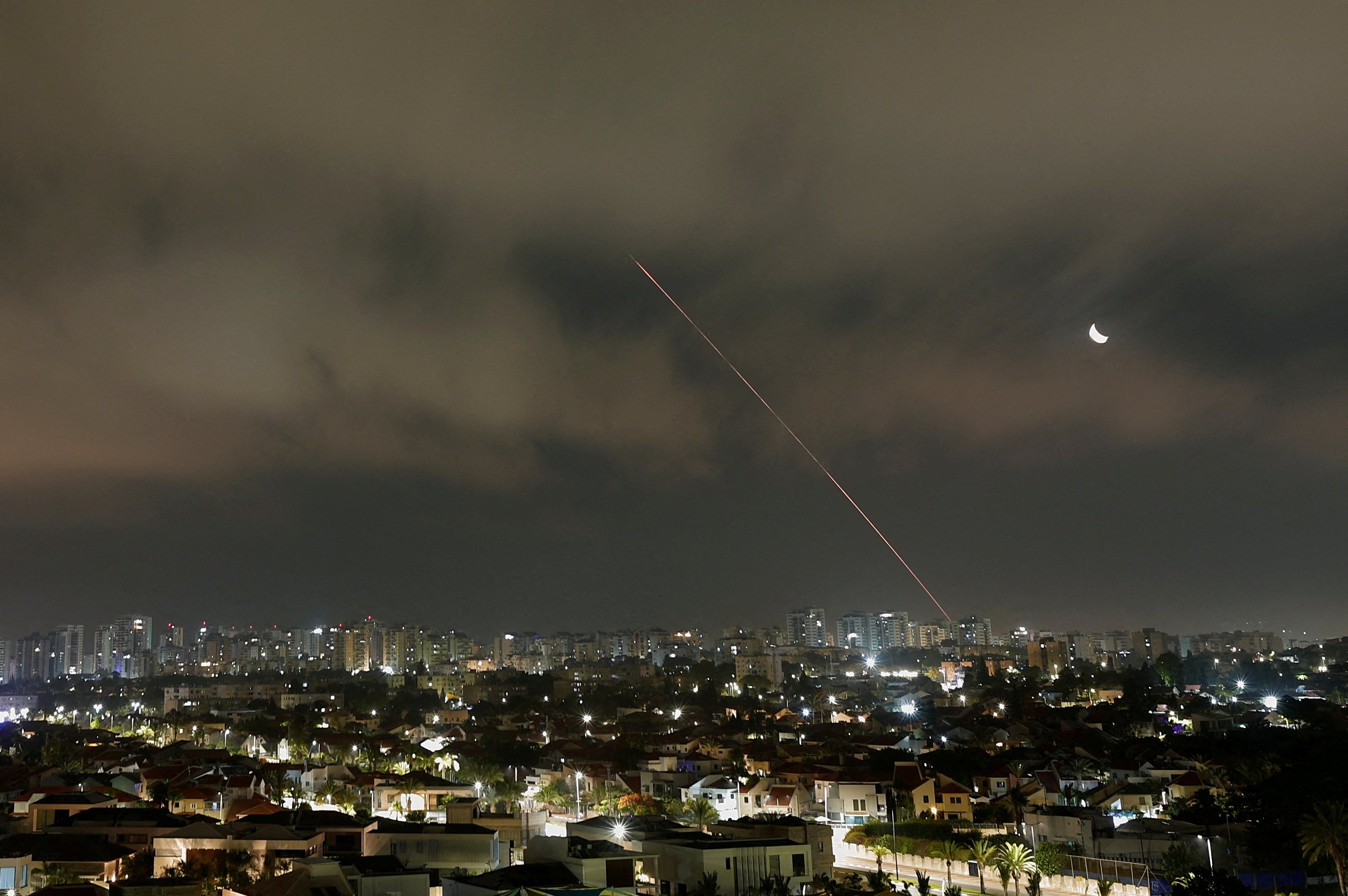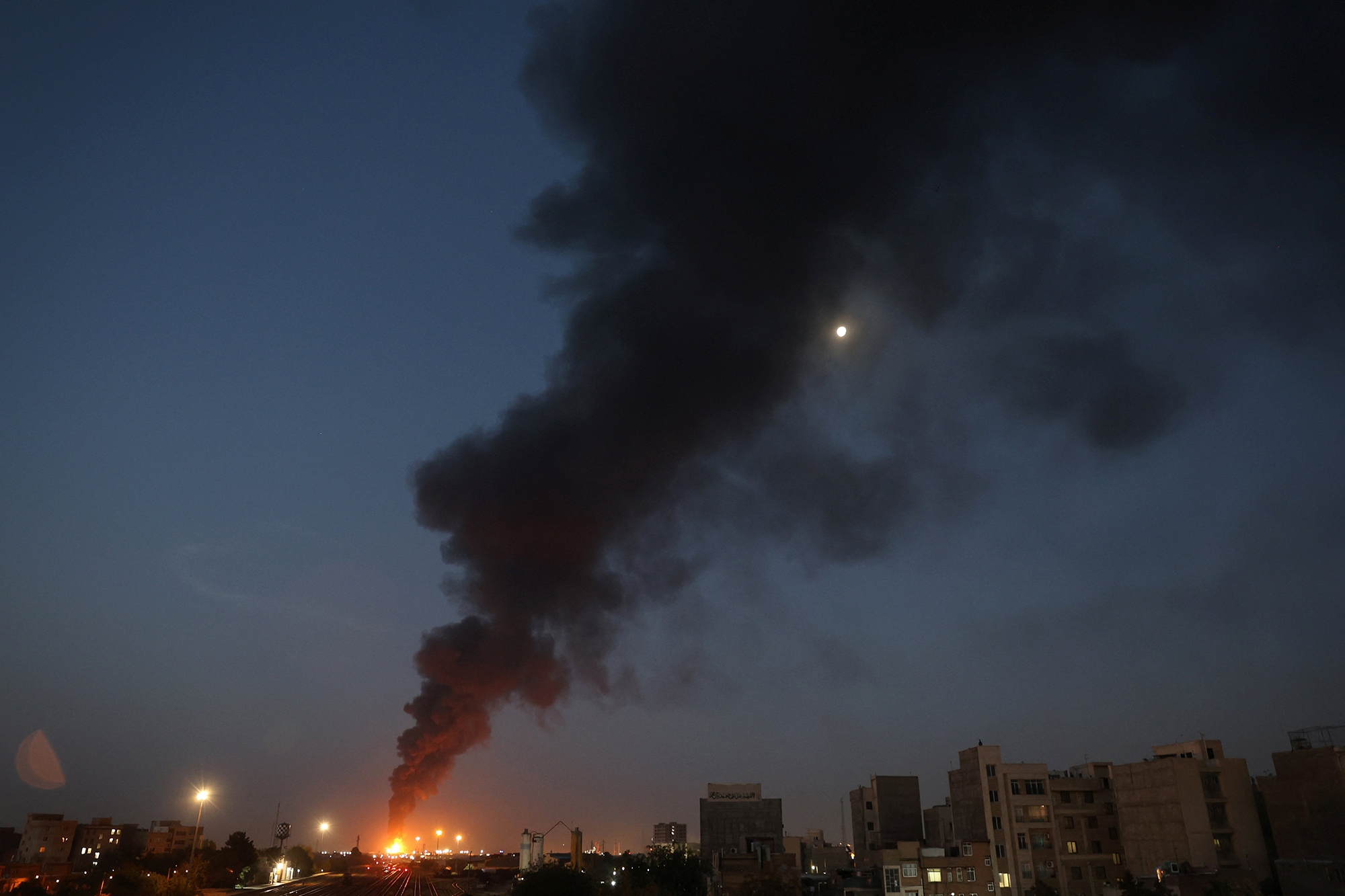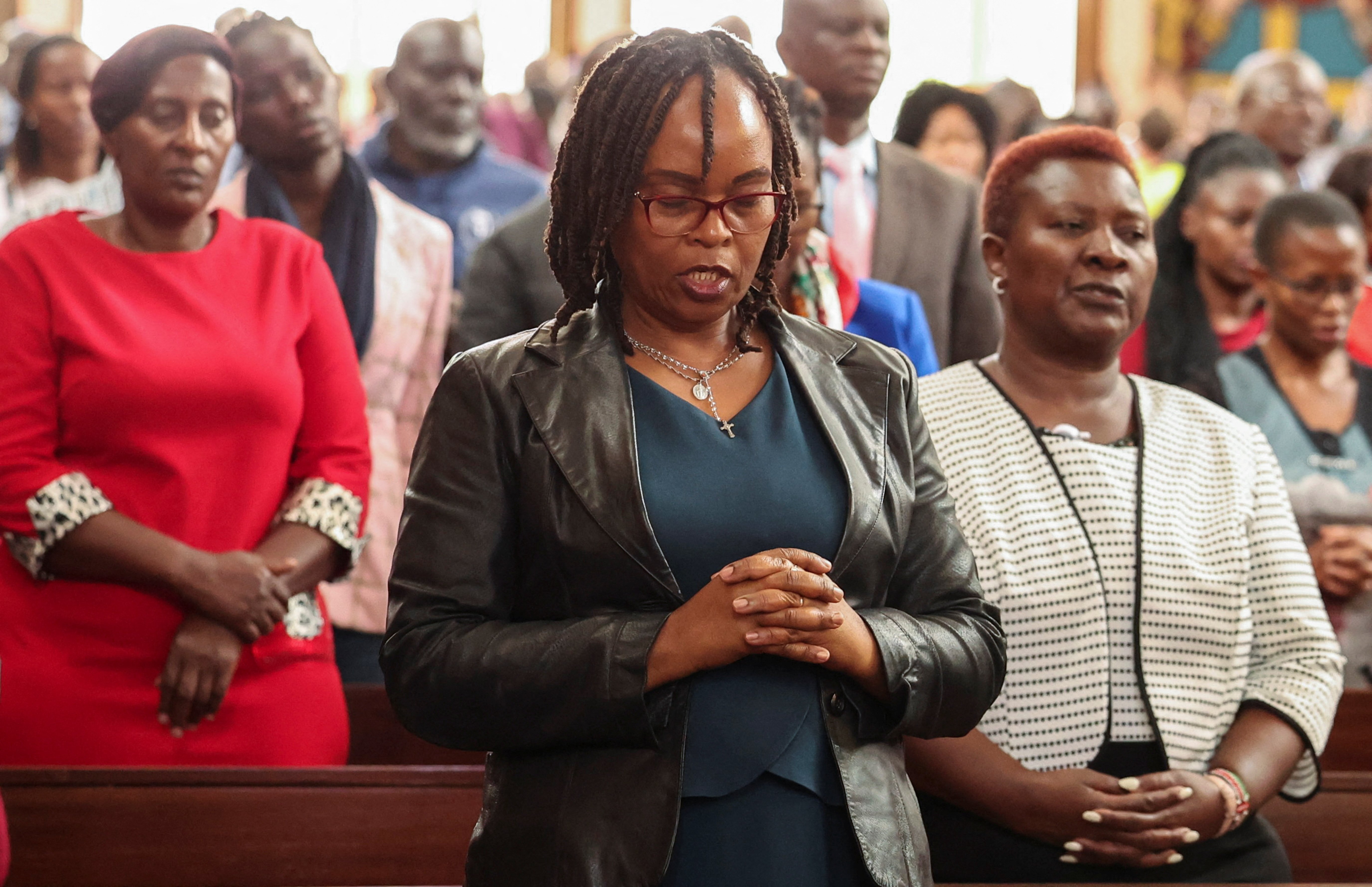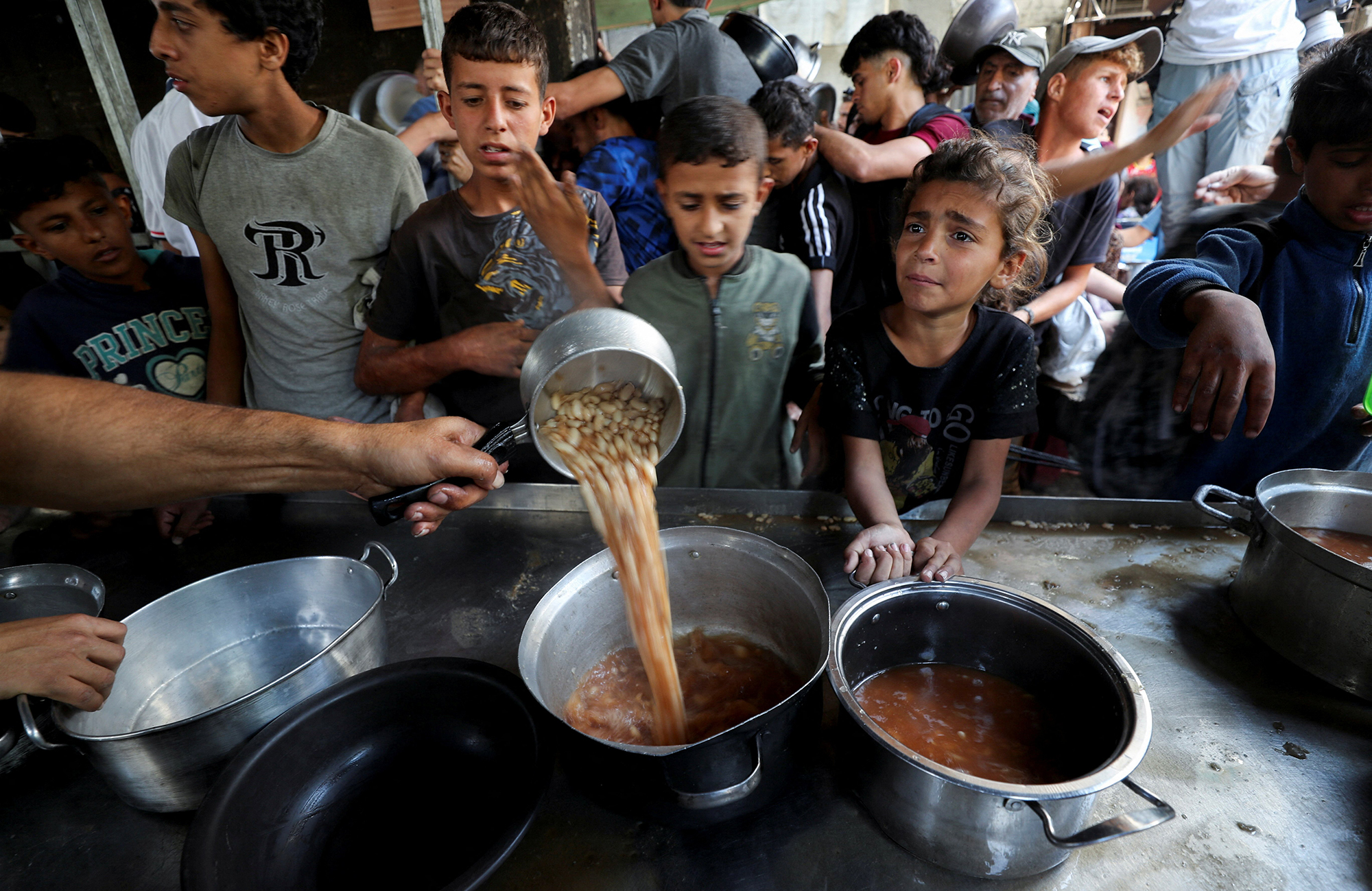Syria’s papal nuncio prays for reconciliation, prosperity
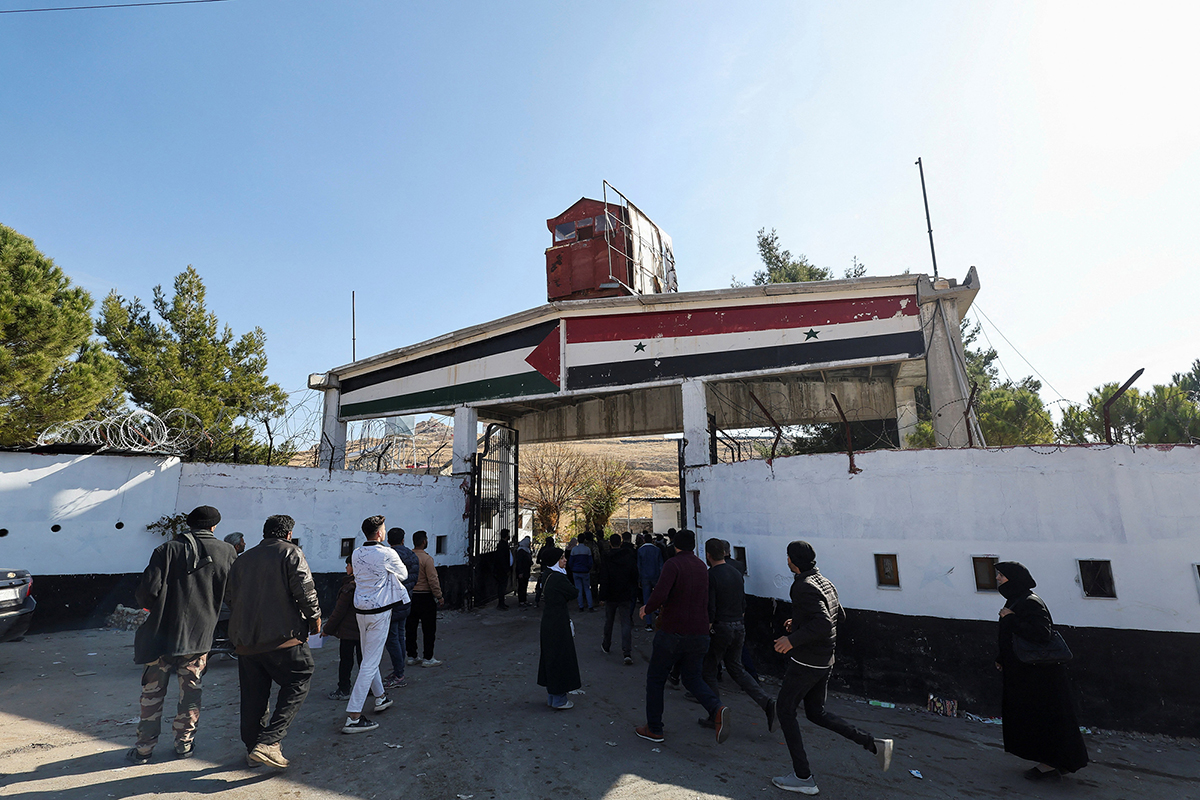
A rebel offensive ended the five-decade rule of the Assad family in Syria
The apostolic nuncio to Syria says he hopes the war-torn nation will “move toward reconciliation” and at least “some prosperity” under democratic rule, following former Syrian President Bashar Assad’s ouster in a lightning offensive by rebel groups.
Cardinal Mario Zenari spoke with Vatican News hours after rebels entered the capital of Damascus, which Assad was reported to have fled sometime on Dec. 8, after being absent from the public eye during most of the rebels’ two-week campaign. Assad and his family are now in Moscow and have been granted asylum there, according to state media in Russia, a key backer of the Assad regime.
Syrian Prime Minister Mohammad Ghazi al-Jalali said in a recorded video message posted Dec. 8 that he was ready to assist in the transfer of power to a new regime.
The rebel offensive ended the five-decade rule of the Assad family, which has been marked by violent repression and brutal crackdowns on dissent. During his three decades in power, Assad’s father Hafez established a Soviet-style economy and quashed opposition. Initial hopes that Bashar Assad — who assumed power in 2000 after his father’s death — would prove more moderate were extinguished when Assad turned to longtime family allies to exert an increasingly authoritarian rule.
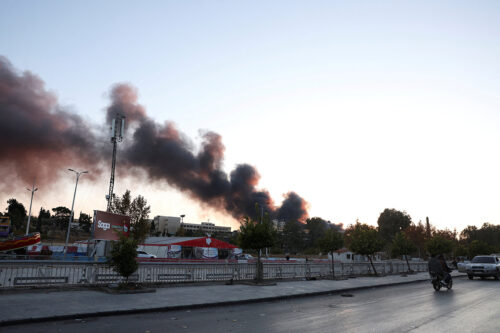
Smoke rose over Damascus, Syria, after rebels announced that they have ousted Syria’s Bashar Assad on Dec. 8.
When pro-democratic protests sparked civil war in 2011, Assad responded with brutal force that ultimately saw more than 500,000 killed and countless atrocities marked by detention, torture and executions, prompting the United Nations to convene an independent international commission of inquiry on Syria.
As of 2024, 16.7 million Syrians are in need of humanitarian aid. About half of Syria’s pre-war population of 23 million is displaced, with 5.2 million refugees and 6.8 million internally displaced persons, according to UNHCR, the U.N. refugee agency.
“Now, the path ahead is steep,” Cardinal Zenari said, noting that “those who have taken power have promised to respect everyone and to build a new Syria.”
A number of local, regional and international parties have participated in the long-running Syrian conflict, including some allied with Islamic extremists. Hayat Tahrir al-Sham (“Organization for the Liberation of the Levant”), which led the rebel forces, was initially linked to Islamic State and al-Qaida, but reestablished itself in 2016 under its current name while looking to move away from extremist roots. The U.S. still designates HTS as a foreign terrorist organization.
HTS leader Abu Mohammad al-Golani told The New York Times in an interview posted Dec. 6, “Our goal is to liberate Syria from this oppressive regime.”
Golani has sought to reassure Syria’s small Christian population — concentrated in Aleppo, and currently estimated at about 30,000, down from some 200,000 at the start of the civil war — that his forces would “ensure your protection and safeguard your property.”
“Aleppo has always been a meeting point for civilizations and cultures, and it will remain so, with a long history of cultural and religious diversity,” he said in a statement posted to the Telegram messaging platform.
“The rebels met with the bishops in Aleppo immediately after their victory, assuring them that they would respect the various religious denominations and Christians,” Cardinal Zenari said. “We hope they will keep this promise and move toward reconciliation.”
“As for the situation of the Christians all over Syria, we have been in contact with many of our partners, and all information received says that the rebels have sent many messages to all minorities to reassure to them that the goal is to turn over the Assad regime and not to (seek) revenge from anyone,” Michel Constantin, regional director for the Catholic Near East Welfare Association-Pontifical Mission in Lebanon and Syria, said Dec. 8.
He noted that “we will need more time to figure out how the transfer of power will be implemented and how the political process will evolve,” especially given the number of factions and their international backers — whose interests both overlap and conflict — that are involved.
Cardinal Zenari said that “beyond reconciliation, we hope Syria can also find some prosperity because people have reached their limit,” with people “unable to survive in the country as it had become.”
He also expressed hope that the international community would assist the nation in its task of rebuilding as “a new Syria based on democratic principles.” He cited as an example “abolishing sanctions, as they are a burden that weighs heavily on the poor.”
As Syria stands at a crossroads, “we hope that a door of hope may open because what we witnessed was hope dying — or already dead,” Cardinal Zenari said. “So we now hope that, with the help of the international community and the goodwill of all Syrians, a path toward reconciliation, reconstruction, and a minimum of prosperity for all people can begin.”
The apostolic nuncio to Syria says he hopes the war-torn nation will “move toward reconciliation” and at least “some prosperity” under democratic rule, following former Syrian President Bashar Assad’s ouster … Syria’s papal nuncio prays for reconciliation, prosperity
Subscribe to Read All St. Louis Review Stories
All readers receive 5 stories to read free per month. After that, readers will need to be logged in.
If you are currently receive the St. Louis Review at your home or office, please send your name and address (and subscriber id if you know it) to subscriptions@stlouisreview.com to get your login information.
If you are not currently a subscriber to the St. Louis Review, please contact subscriptions@stlouisreview.com for information on how to subscribe.


